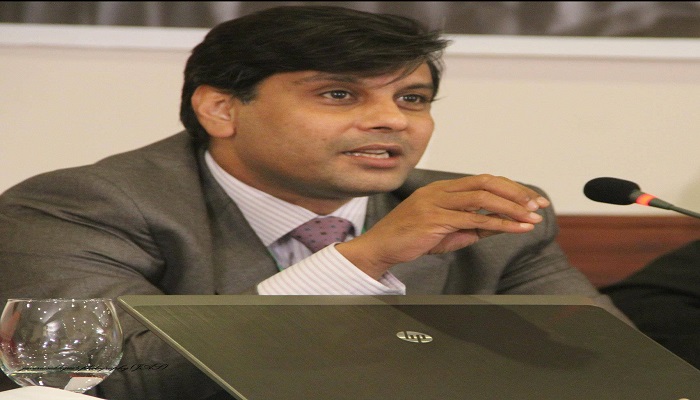ISLAMABAD: Prime Minister Muhammad Shehbaz Sharif on Monday held a telephonic conversation with President of Kenya, Dr. William Ruto.
During the call, the Prime Minister raised the issue of renowned Pakistani Journalist, late Arshad Sharif, who was murdered in Kenya.
He thanked the Kenyan President for the cooperation extended to Pakistani investigation teams so far.
The Prime Minister emphasized that Pakistan attached great importance to the late Arshad Sharif’s case and requested for further cooperation from the Kenyan side during the course of investigation in bringing the matter to a closure for the family and people of Pakistan.
Kenyan President assured the Prime Minister of full support and cooperation in the matter.
The two leaders discussed bilateral cooperation and issues of mutual interest.
Highlighting the significance Pakistan attached to its relations with Africa, the Prime Minister conveyed Pakistan’s strong desire to strengthen its historical ties with Kenya in all areas of cooperation.
Earlier on Feb 17, the Supreme Court asked the special joint investigation team (JIT), formed by the government on the order of the SC to investigate the murder of journalist Arshad Sharif in Kenya, about what had motivated the anchorperson to leave Pakistan.
“In this respect, the special JIT may investigate the multiple FIRs lodged against the deceased journalist and any sensitive information that may have been in his possession,” read a three-page order issued by a five-judge larger bench of the apex court, led by Chief Justice of Pakistan Umar Ata Bandial while hearing the suo motu case about Arshad’s killing.
[embedpost slug=”imran-khan-writes-to-cj-judges-over-audio-video-leaks/”]
The court asked the special JIT to investigate why the Dubai government had ordered Arshad to leave the country.
The bench also directed the team to find out who had released the two-member committee’s fact-finding report and what was the reason behind the move.
The order noted that in response to the court’s suggestion that the UN might be involved in the investigation to ensure the cooperation of the Kenyan government, the additional attorney general submitted to the court that the proper diplomatic channel had been invoked under the Mutual Legal Assistance Act, 2011 for this purpose.
“Therefore, time may be given for that process to run its course before approaching the UN. The request appears reasonable and is granted. However, in the meanwhile the MoFA [ministry of foreign affairs] shall familiarise itself about the terms and conditions for requesting the assistance of the UN in case the need subsequently arises,” the order read.
The court noted that the additional attorney general had also pointed out that the Kenyan government had become reluctant to assist in the investigation and that the special JIT was not allowed to examine witnesses or inspect the crime scene during its visit.
It added that the special JIT’s report suggested that possibly the premature release of the fact-finding report prepared by the two-member committee had alarmed the Kenyan authorities.
“We are not inclined at this stage to speculate on the reason behind the change in approach of the Kenyan government. Nevertheless, the MoFA, keeping in view the subtle formalities of foreign relations and the fact that Kenya is regarded a friendly state by Pakistan, shall liaise with the concerned authorities in [that country] to ascertain the cause(s) of [its] government’s reluctance to assist with the investigation,” the SC order stated.
“[The MoFA would] address these [issues] on a priority basis for the smooth progress of the investigation,” it added.



















